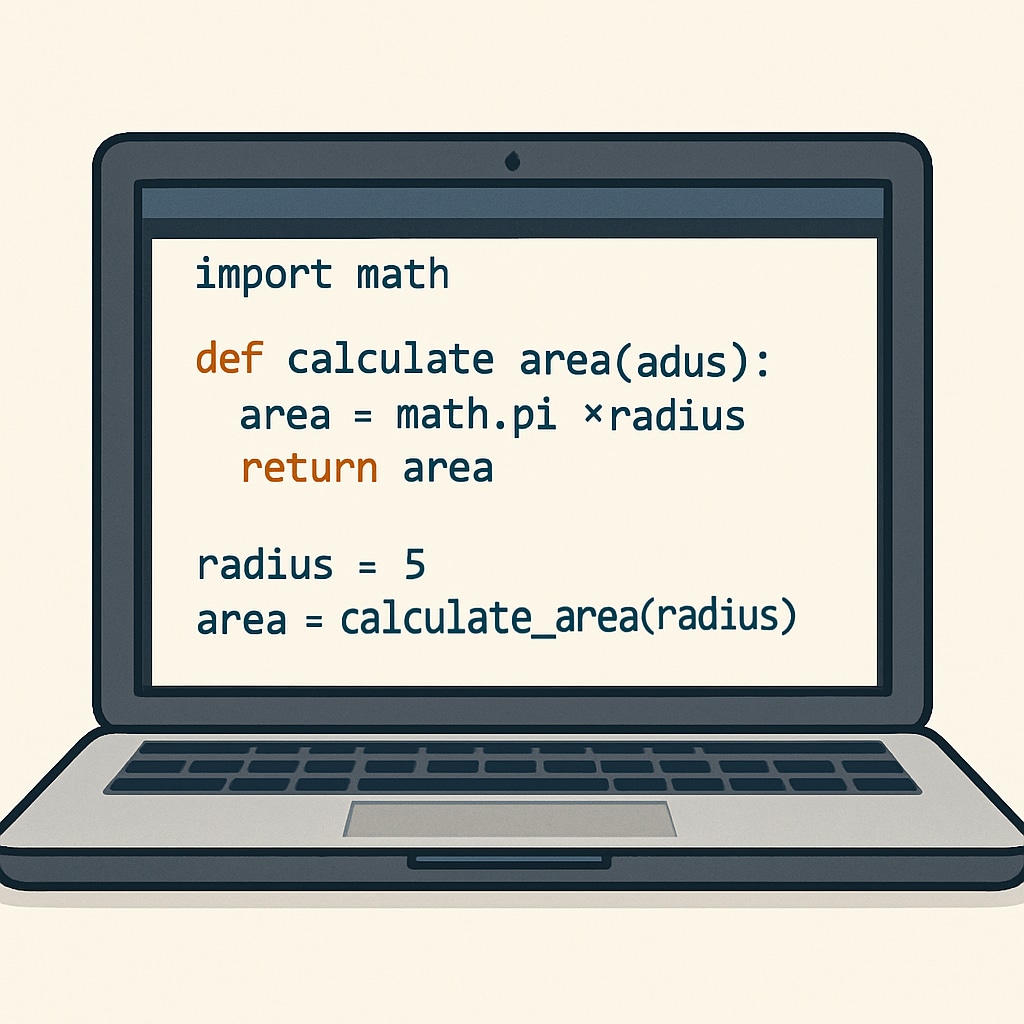Starting a university journey in IT can be both exciting and overwhelming. With so many career options in the field, it’s easy for 18-year-old freshmen to feel unsure about their direction. From cybersecurity to programming, the IT industry offers vast opportunities, but finding the right path requires careful thought and exploration. This article breaks down five major career directions in IT, providing insights to help students make informed decisions as they build their professional futures.
Understanding the IT Landscape
The IT industry is vast, encompassing areas like software development, cybersecurity, data analysis, cloud computing, and artificial intelligence. Each of these fields has its own skill requirements, growth potential, and career trajectories. For instance, cybersecurity focuses on protecting systems from cyber threats, while software development involves designing and coding applications. Exploring these domains early can help students identify their interests and strengths.

1. Cybersecurity: Protecting the Digital World
Cybersecurity has become one of the most crucial fields in IT. As cyber threats grow, companies need professionals to safeguard their data and systems. For students interested in problem-solving and understanding digital vulnerabilities, cybersecurity offers a promising career path.
- Skills Required: Networking fundamentals, ethical hacking, and risk assessment.
- Why Choose It: High demand and job security, with roles like Security Analyst or Penetration Tester.
- Getting Started: Begin with certifications such as CompTIA Security+ or Certified Ethical Hacker (CEH).
2. Programming and Software Development
Programming is the backbone of IT. Whether it’s developing mobile apps, websites, or enterprise software, coding skills are essential. For creative students who enjoy building solutions, software development is an ideal choice.
- Skills Required: Mastery of programming languages like Python, Java, or C++.
- Why Choose It: Opportunities in diverse industries, from tech to healthcare to gaming.
- Getting Started: Focus on learning one programming language and working on small projects to build a portfolio.

3. Data Science and Analytics
Data is the new oil, and organizations need professionals to extract meaningful insights. Data science and analytics involve working with large datasets to uncover trends and make data-driven decisions. For students who enjoy math and statistics, this field is rewarding.
- Skills Required: Data visualization tools, statistical analysis, and machine learning.
- Why Choose It: High salaries and opportunities to work in sectors like finance and marketing.
- Getting Started: Learn tools like Excel, Tableau, and programming languages such as R or Python for data analysis.
4. Cloud Computing: The Future of IT Infrastructure
Cloud computing has revolutionized how businesses operate, allowing them to store and manage data efficiently. For students interested in system administration and scalable IT solutions, cloud computing is an excellent choice.
- Skills Required: Cloud platforms like AWS, Microsoft Azure, and Google Cloud.
- Why Choose It: Increasing demand as more companies migrate to the cloud.
- Getting Started: Obtain certifications like AWS Certified Solutions Architect or Azure Fundamentals.
5. Artificial Intelligence and Machine Learning
AI and machine learning are among the most innovative and exciting fields in IT today. These technologies power everything from chatbots to autonomous vehicles. For students fascinated by cutting-edge technology, AI and machine learning offer endless possibilities.
- Skills Required: Neural networks, natural language processing (NLP), and Python libraries like TensorFlow.
- Why Choose It: Work on groundbreaking projects with significant societal impact.
- Getting Started: Study math concepts like linear algebra and begin with online courses on AI basics.
Making the Right Choice
Choosing a career path in IT requires self-reflection and exploration. Students should consider their interests, strengths, and long-term goals. Attending industry events, joining tech communities, and seeking mentorship can provide valuable insights. Remember, it’s okay to pivot as you learn more about yourself and the industry.
As you embark on your IT journey, keep in mind that the skills you develop today will shape your future career. Whether you’re drawn to cybersecurity, programming, or AI, the opportunities are endless. Take the time to explore, experiment, and grow, and you’ll find the path that’s right for you.
Readability guidance: This article uses clear, concise language and structured sections to ensure readability. Short paragraphs and lists highlight key points, while transitions like “for example” and “as a result” guide readers through the content.


